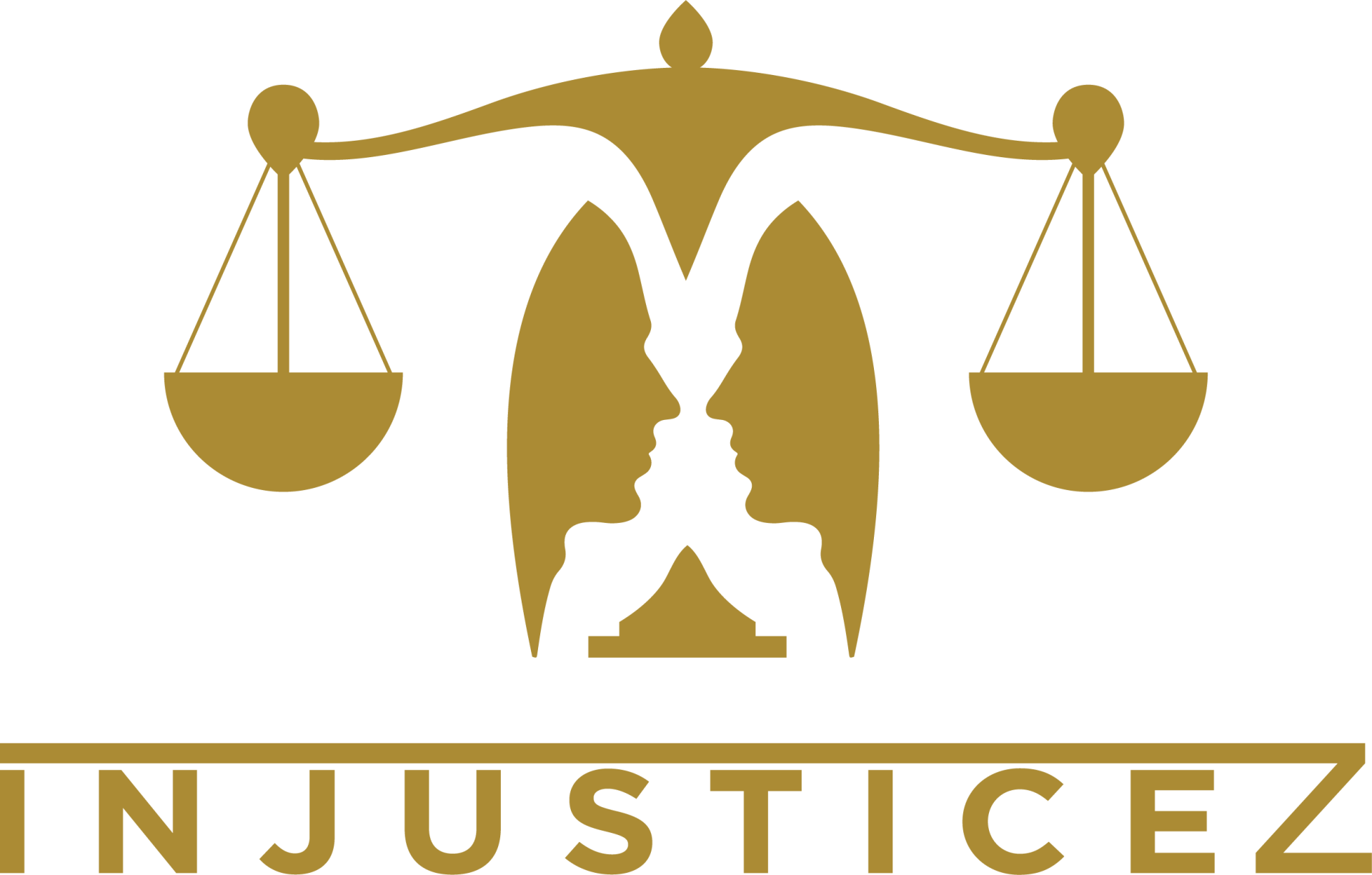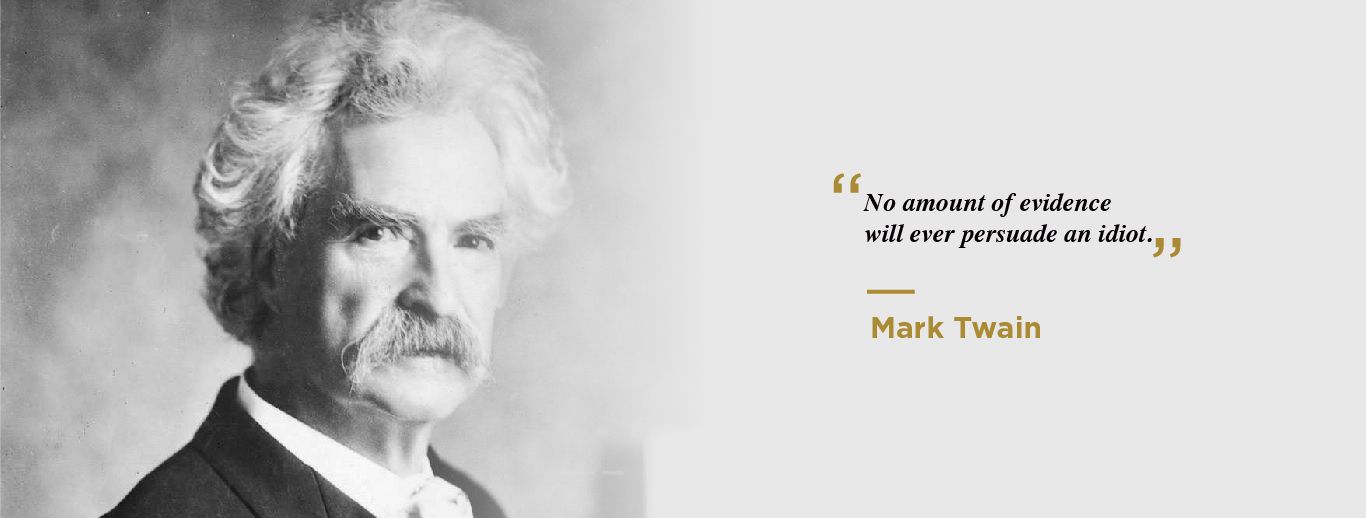Expounded Reading Two
Corruption: Part and Parcel of the Capitalist System
Business as usual
Corruption is a natural product of capitalism. It flourishes and develops under a system which has turned the acquisition of money into its true god. Everything is permitted and even admired if it produces the accumulation of wealth, since goods are produced in a capitalist economy to obtain profit not to satisfy human needs. For example, if a capitalist establishes a bakery, this bakery will close if no profit is produced, even though there are people who desperately need bread to survive.
When Karl Marx, the political theorist of working-class liberation, studied the nature of the capitalist state, he revealed that it was established as an instrument for the domination of workers and the oppressed by means of laws, courts, judges, elected officials and the military. According to Marx, different groups of capitalists fight among themselves for control of the state apparatus and consider it booty to be plundered after winning that battle. “The state…,” he wrote, “is truly a sphere for the fomentation of the most scandalous acts of corruption, of all the scandals of the bourgeoisie, and the arena for its total putrefaction.”
Ernest Mandel, a Belgian Marxist, made a thorough study of the long history of state corruption. He concluded that “since the mid-twentieth century, capitalism has increasingly existed on the outer edge of legality, if not in complete violation of established laws.”
Capitalist realism.
This conclusion is supported by the Harvard Business Review which reports:
“Any business that defines itself in terms of ‘good’ and ‘bad’ cannot survive. You can only expect a company to serve the social interest as long as it serves its own interest. The archives of the Federal Trade Commission, the Food and Drug Administration and other government agencies are full of cases concerning reputable companies that don’t think twice about breaking the law when they think it is to their advantage. It is not uncommon for a company to break a particular law, even sometimes with full knowledge that this violation will be discovered. The company figures that the cost of the fine ultimately levied will represent only a fraction of the profit to be realised by the violation of the law itself.”
It is clear even to Harvard’s business elite that a capitalist economy free of corruption is out of the question since there is a difference in the minds of capitalists between a business decision and an ethical one. What is good for business is right, even if it is ethically wrong for humanity. This makes the theft of public funds by government officials and corporate CEO’s easier for them to rationalise.
Corruption is such an inherent part of the system that corporate avoidance of paying taxes is considered normal and inevitable, a legitimate, evasive art. One glaring example of this is the fact that the Internal Revenue Service has in the past allowed companies to deduct bribes paid to foreign agents as legitimate business expenses.
Corruption is such an inherent part of the system that corporate avoidance of paying taxes is considered normal and inevitable, a legitimate, evasive art. One glaring example of this is the fact that the Internal Revenue Service has in the past allowed companies to deduct bribes paid to foreign agents as legitimate business expenses.


